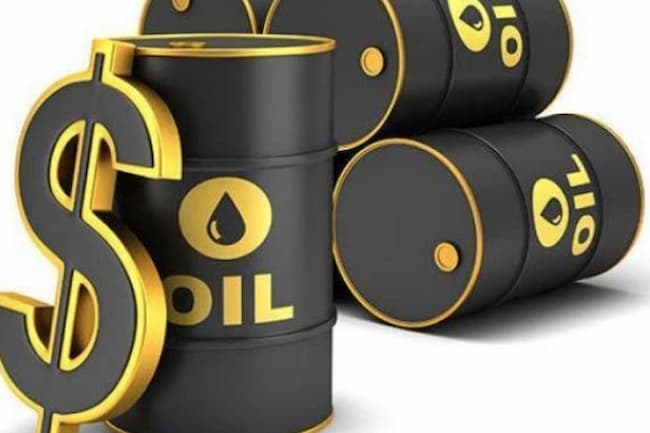An review of the monthly reports of Nigeria’s crude oil and condensate output indicated that between January and August of this year, the government lost around 13.21 million barrels of crude oil, valued at an estimated N603.64 billion.
According to data in the reports, which were received on Sunday from the Nigeria Upstream and Downstream Petroleum Regulatory Commission in Abuja, the nation’s oil output only rose in two months while falling in others.
For instance, total crude oil output (excluding condensates) was 43.35 million barrels in January, but this decreased to 35.22 million barrels in February, representing a loss of 8.13 million barrels.
In the third month of 2022, it rose in March, rising by 3.14 million barrels to conclude at 38.36 million barrels. However, this was not sustained, as production dropped to 36.58 million barrels in April and the country lost 1.78 million barrels in that month.
The losses continued in May after oil production crashed to 31.76 million barrels, representing a loss of 4.82 million barrels when compared to what was produced the preceding month. It increased in June to 34.75 million barrels, representing an oil production gain of 2.99 million barrels, but that was short-lived, as output fell again in July to 33.6 million barrels, meaning the country lost 1.15 million barrels in July.
The oil production losses persisted in August, crashing further to 30.14 million barrels, representing a loss of 3.46 million barrels. It was observed that the total losses stood at 19.34 million barrels, while what was gained was 6.13 million barrels, leaving a cumulative loss of 13.21 million barrels during the review period.
For the prices of oil during same eight-month period, data from countryeconomy.com, an international analytical firm, showed that the average monthly costs of Brent, the global benchmark for crude, was $86.51/barrel in January, $97.13/barrel in February and $117.25/barrel in March 2022. In April, May, June, July and August 2022, the average costs of a barrel of crude were $104.58, $113.34, $122.71, $111.93 and $100.45 respectively. This implies that the average cost of the commodity in the eight-month period is $106.74/barrel.
By losing 13.21 million barrels and multiplying it with $106.74/barrel, it implies that Nigeria lost about $1.41bn or N603.64bn (as at Sunday’s official exchange rate of N428.1/$), during the eight-month period.
The crash in Nigeria’s oil production has been attributed to the massive oil theft in the Niger Delta, which has been greeted by widespread condemnations and protests by oil workers. The National Public Relations Officer, Independent Petroleum Marketers Association of Nigeria, Chief Ukadike Chinedu, told our correspondent that though there might be some inconsistencies in oil theft data, the volume of crude stolen from the country was huge.
He said, “On the quantity of oil being stolen from Nigeria, the various figures you see are all estimated figures. There is no accurate gauge to measure the volumes of crude oil being stolen in this country because we don’t have a standard measuring system.
“But because of the recent incident of a vessel that was intercepted for allegedly trying to steal crude oil from Nigeria, we think that a measurable quantity of our crude oil is not accounted for.”
He added, “I also know that Nigeria is losing a lot of revenue from this oil theft and stakeholders are not happy with the way the cartel who are involved are handling the matter.
“It is therefore pertinent that the Federal Government should come out with a standard measuring instrument that will give the exact number of daily production, export consumption and the amount being reserved, as well as what we channel for local use.”
Last week, the Petroleum and Natural Gas Senior Staff Association of Nigeria staged protests in Abuja, Lagos, Kaduna, Warri, among other locations, to kick against the continued theft of crude oil in Nigeria.
Also, the Executive Secretary, Nigeria Extractive Industries Transparency Initiatives, Orji Ogbonnaya-Orji, said in an interview that the 2021 audit report of the oil sector would be ready this year to ascertain the level of oil theft across the country.
“We want to establish the quantity of crude that is produced, how much of that can be accounted for and how much was stolen. We should establish the amount that was exported, reserved for local consumption and how this was reserved or managed,” he stated.













